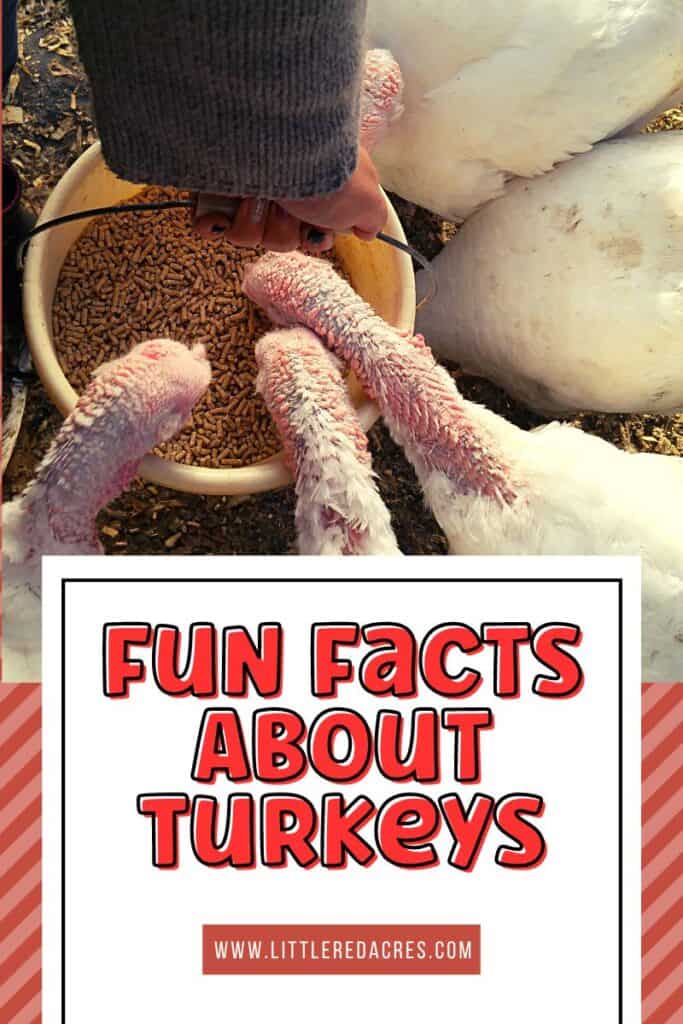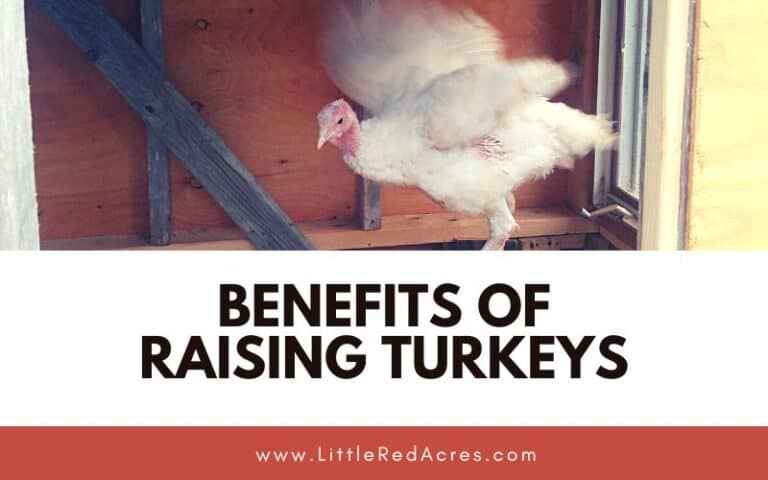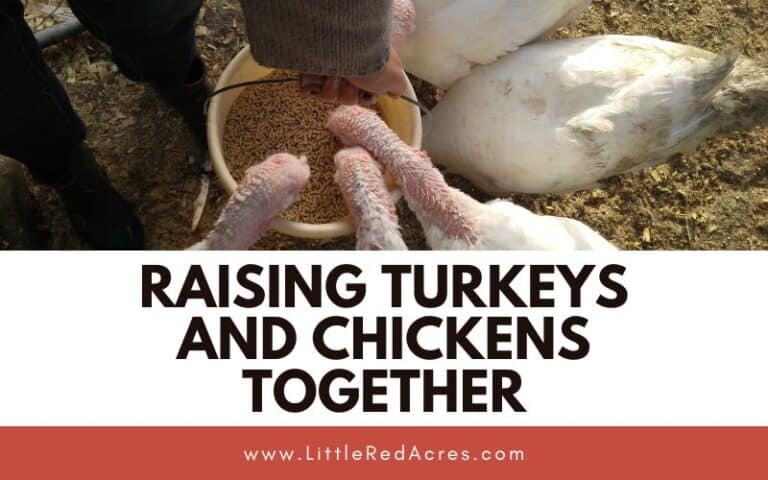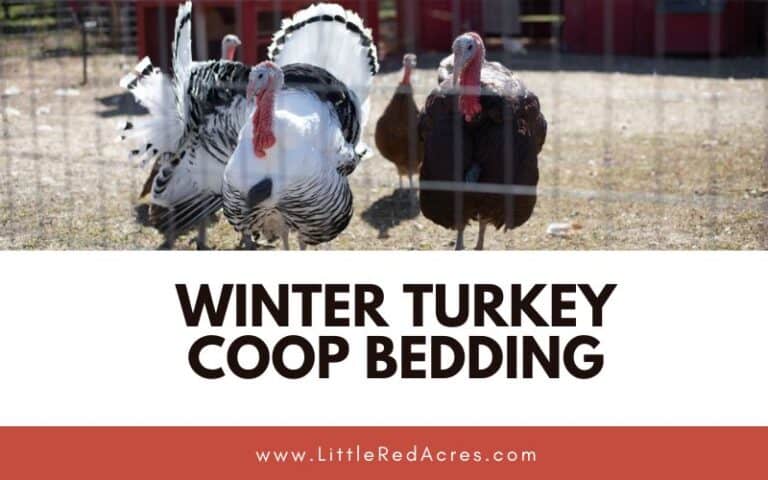Fun Facts About Turkeys
From their unique physical characteristics to their fascinating behavior, turkeys are full of surprises. Here are some fun facts about turkeys that you may not have known before. Whether you're a turkey enthusiast or just looking to impress your dinner guests with some interesting trivia, read on to discover some fascinating facts about these feathered friends.

This post may contain affiliate links, see my disclosure policy for more information.
Fun Facts About Turkeys
Not everyone likes turkeys. Some people are afraid of them, and I get it. Their size can intimidate some. Personally, I loved them, they were incredibly sweet. My kids would love to have them again, and I'm kinda itching for more myself.
Get updates & freebies delivered to your inbox!
The Gobble
Turkeys have a distinctive “gobble” call that can be heard up to a mile away. But only the male turkeys gobble. As a result, male turkeys are called “gobblers”, or “toms” while females are called “hens.”
Baby turkeys are called “poults.”
They DO Fly
Turkeys can fly, but only for short distances. Wild turkeys can fly more than domesticated turkeys which have been bred to be heavier which is better for meat. But it means they aren't doing a whole lot of flying.
Turkeys can Run
Turkeys can run up to 12 miles an hour.
Turkeys Change Color
The color of a turkey's head and neck can change from red to blue to white depending on the bird's mood. Colors can change from red to blue to white, depending on how excited or calm they are. The more intense the colors are, the more intense their emotions.
Turkeys See in Color
Turkeys have excellent eyesight and can see in color. Among the more surprising facts about turkeys is that they have three times better vision than humans. Their eyesight covers 270 degrees.
Birds are Social Animals
Turkeys are social birds and prefer to live in flocks.

Turkeys Don't Lay Eggs All Year
When a hen is ready to make little turkeys, she’ll lay about 10 to 12 eggs, one egg per day, over a period of about two weeks. The eggs will incubate for about 28 days before hatching.
You can Tell A Turkey Apart by Its Poop
Did you know you can discern a turkey’s sex from its droppings? It's true. Male scat is shaped like the letter J, while a female’s droppings are more spiral-shaped. And the bigger the poop, the older the bird.







